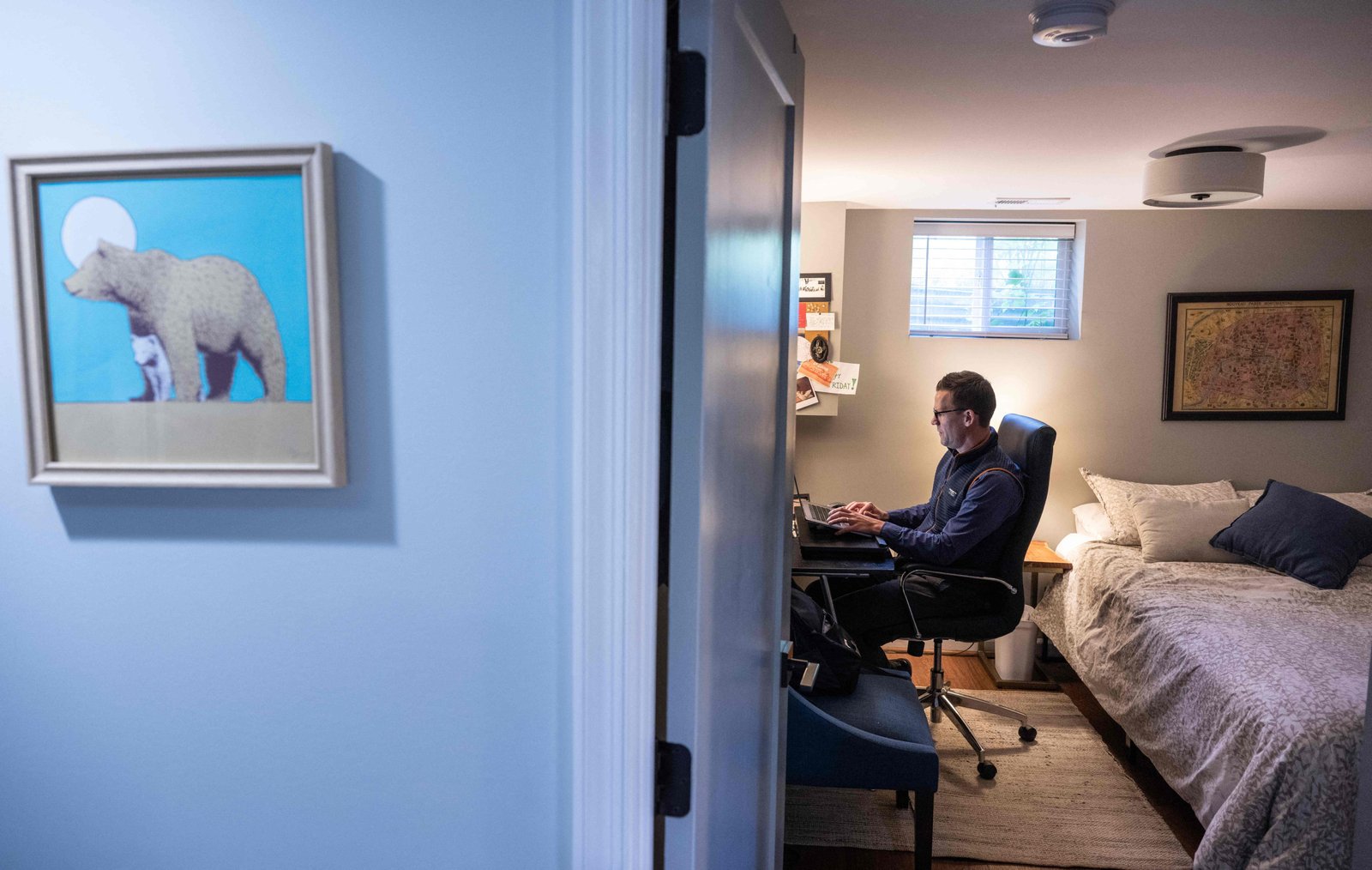Contents
The Hidden Side of Remote Work: Employees Earning Extra Income While on the Clock
Remote work has become a significant part of the modern workforce, offering flexibility and convenience. However, it also brings new challenges that employers are beginning to recognize. A recent study highlights an unexpected trend: many remote employees are using their working hours to earn additional income from side jobs.
According to the LendingTree study, 51 percent of remote workers are earning extra income while employed in their primary job, and 58 percent have considered doing so. This phenomenon is more prevalent among male remote workers, with 58 percent engaging in side work compared to 42 percent of females.
Why This Matters
The findings reflect broader changes in how Americans approach work. Economic pressures, evolving job structures, and shifting expectations are reshaping the traditional work environment. Many employees are balancing caregiving responsibilities, saving on commuting costs, and managing personal finances, which makes remote work an attractive option.
Since the coronavirus pandemic, remote work has gained widespread acceptance. Initially seen as a temporary solution, it has now become a long-term fixture for many companies. A FlexJobs report indicates that nearly all working professionals want some form of remote work, with 63 percent considering it more important than salary.
Despite these benefits, employers remain concerned about productivity and accountability. The challenge lies in maintaining efficiency and trust in a remote setting.
Key Findings from the Study
The LendingTree survey, which included 2,000 Americans and 450 remote workers, uncovered several positive aspects of remote work. For instance, 70 percent of remote workers reported getting more sleep, 66 percent felt more productive, and 90 percent said they had an improved work-life balance.
However, there are also concerns. Nearly half of remote workers fear being laid off if their company undergoes restructuring. A 2023 study by Live Data Technologies Inc. found that fully remote workers were 35 percent more likely to be laid off than those who worked in-office.
Despite these fears, 45 percent of remote workers oppose returning to the office full-time, and 42 percent have relocated after securing a remote job.
Expert Opinions and Warnings
LendingTree’s chief consumer finance analyst, Matt Schulz, warns that while earning extra income may seem tempting, it comes with risks. “Splitting your focus can make you less productive,” he said. “In times of economic uncertainty, companies are looking to become leaner and more efficient. Keeping secrets from your employer is not advisable.”
Alex Beene, a financial literacy instructor at the University of Tennessee at Martin, added that taking advantage of remote work opportunities could lead to fewer such positions in the future. “Remote work is a feature many employees would love to have,” he said. “Trying to take advantage of it ensures there will be fewer of those opportunities in the future.”
The Rise of Side Jobs
A previous survey by SideHustles.com found that 33 percent of remote employees are working two or more jobs. The reasons include rising living costs and the ease of managing remote roles. Kevin Thompson, CEO of 9i Capital Group, noted that remote jobs are often easier to manage, allowing workers to take on additional roles without a noticeable drop in productivity.
What’s Next?
As remote work continues to shape the future of employment, both employees and employers must navigate the complexities of this new landscape. The growing trend of side jobs raises questions about loyalty, productivity, and the sustainability of remote work models.
Employers may need to revisit policies and expectations to ensure that remote work remains beneficial for all parties involved. At the same time, employees must weigh the advantages of flexibility against the potential consequences of overextending themselves.
With the future of work still evolving, the balance between remote work and side jobs will likely remain a topic of discussion for years to come.




